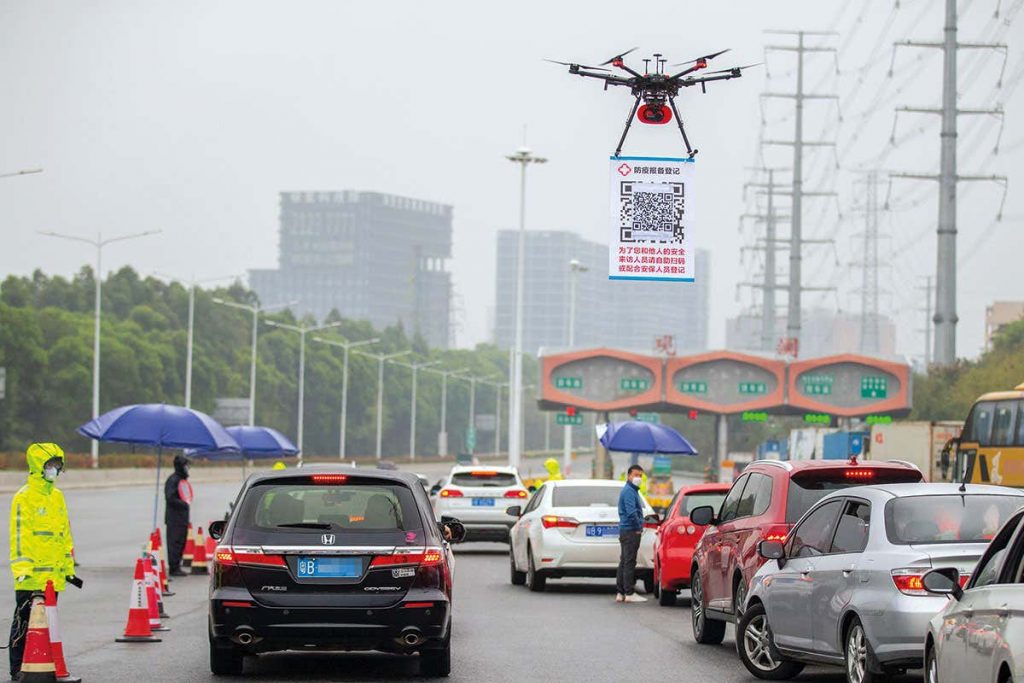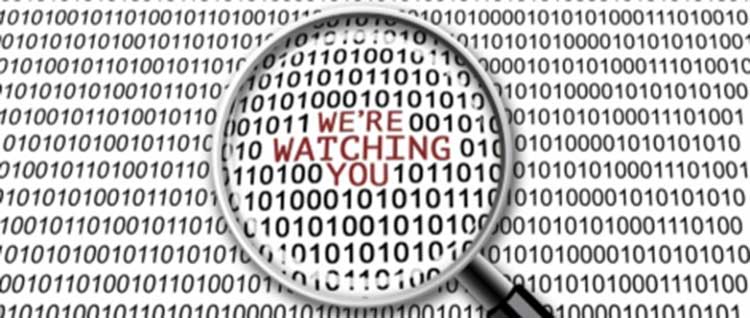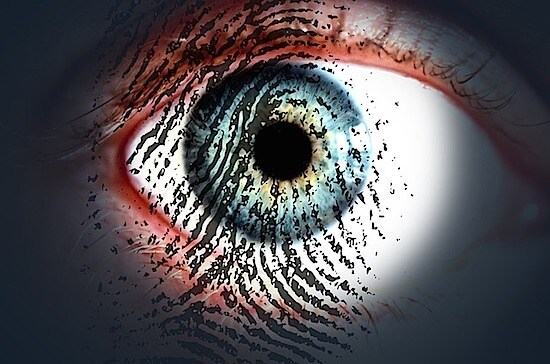Co-Written by Jitamanyu Sahoo & Syed Mujtaba Hussain

Surveillance has served as the eye of public health every time our world is in collision with epidemics. From the identification of the early cases of AIDs in the 1980’s; SARS, avian flu and west nile virus in the twenty-first century all were contained as a result of a well placed public health surveillance. As argued by the public health officials then and now surveillance is critical for planning, intervention and diseases prevention in an epidemiology crisis. Surveillance effectuates public health measures such as quarantine, mandatory treatment, contact-tracing, disclosure of travel information all in the name of public health. No doubt a crisis needs immediacy in implementation of public health measures but most of the times the exercise of State authority becomes invasive and illegitimate.
Frank Snowden’s, in his recently published book, ‘Epidemics and Society: From the Black Death to the Present’ (2019) puts the current COVID-19 pandemic in context where he pierces the veil. He asserts how pandemics change the course of political power. The passage from his book adds volume ‘Plague regulations also cast a long shadow over political history. They marked a vast extension of state power into spheres of human life that had never been subject to political authority. One reason for the temptation in later periods to resort to plague regulations was precisely that they provided justification for the extension of power, whether invoked against plague or, later, against cholera and other diseases. They justified control over the economy and the movement of people; they authorized surveillance and forcible detention; and they sanctioned the invasion of homes and the extinction of civil liberties’.
The questions that demands an answer is whether the spread of COVID-19 have expanded the sphere of acceptable interference by the State? Absolute waiver of civil rights in public health crisis is the only way out? Whether the infringement of right to privacy is constitutional and justifiable in the prevailing circumstances? These questions are fundamental and the responses to it will redefine privacy as a culture for critical times ahead.
Displacement of Privacy: Surveillance ‘Rules’
From a dizzying concept to the confluence of social forces privacy have been given the new salience it deserves. The ‘right to be left alone’ as Brandeis and Warren termed it in the 1890’s gave privacy a conceptual introduction, subsequently new aspects of privacy through progressive jurisprudence has evolved; which led privacy to find its place as fundamental right in many national constitutions. Two fundamental questions which necessitate to identify the scope of privacy is i) how is privacy to be defined? And ii) to what extent the protection of right to privacy could be envisaged against state?
In Grisword v. Connecticut (1965), Justice Hugo Black of United States Supreme Court in a dissent stated ‘Privacy is a broad, abstract and ambiguous concept which can easily be shrunken in meaning but which can also, on the other hand, easily be interpreted as a constitutional ban against many things other than searches and seizures’. In Roe v. Wade and Doe v. Bolton in 1973 the United States Supreme Court by upholding the right of a woman to make decisions about terminating her pregnancy charted a new course of privacy.
The Second half of the century led to the development of privacy through guarantees of such things as family life, intimacy, sexuality, secrecy of correspondence, and respect for one’s good name. Article 8 the European Convention on Human Rights played a fundamental role in dynamic interpretation of right to privacy. The Supreme Court of India in Justice K.S.Puttaswamy(Retd) v Union Of India (2017) included right to informational self-determination within ,the scope of right to privacy which mean every individual has authority to decide for herself the limits and extent to information about her private life which can be communicated to others.
Inspite of the phenomenal jurisprudence laid down on privacy by courts of varied jurisdictions our ‘right to privacy’ is always at loggerheads with the acts of the State. The absence of least restrictive alternative is the justification of the use of surveillance by the State. For the first time perhaps surveillance has become a centerpiece of the public health measures taken on in the globally by the State’s as a counter-measure for COVID-19 pandemic. However, the absence of healthcare laws and the loosing of the constitutional norms in tackling the pandemic have led to the shrinking of acclaimed space of privacy.
Global Abandonment of Privacy in COVID-19 times
The unquestionable legitimate aim of the State in the COVID-19 pandemic is maintaining and preserving public health. But closure of national borders, threatening of imprisonment and fines on failure to remain in home, restrictions on air traffic, religious place of worships are new paradigms on right to privacy which must have normative justification in a global pandemic. The use of these drastic measures by the State’s without infringing the space of privacy needs constitutional determination.
China’s tracking people through facial recognition and spotting people with elevated temperatures and also using force to quarantine its citizens all in the name of public health and public safety. Israel permissiveness towards notoriously violating privacy has been stamped authority by Prime Minister B. Netanyahu who asserted “all means will be used to fight the spread of the coronavirus”. The unchecked and discriminatory use of technology by tracking mobile phones/use of Global Positioning System details all in the name of public health is the new political act to counter pandemic politics.
Hungary passing emergency powers giving the Prime Minister Viktor Orban extra-ordinary powers without end date to deal with COVID-19 pandemic. The legislation also lays down imprisonment terms of up to five years for spreading false information or undermining efforts to tackle the pandemic. Similarly Slovakia also declared a state of emergency to deal with the pandemic.
India’s measure of complete lockdown and the blanket closure of state doors with access to inadequate food, shelter and healthcare have raised questions of legitimacy. Moreover Karnataka Government publishing personal details including door numbers, PIN code, and which country they travelled from, on the website of the Ministry of Karnataka Health and Family Welfare Services of 20,000 quarantined persons is clearly a violation of informational self-determination privacy.
The question have we achieved all we could from the dislocation of privacy? The answer is clear in a negation. These nonchalant measures taken by most of the States reflects that privacy ceases to protect us from the State and is being transformed into “public” instrument through which prohibition can be exercised on our action in the name of public health. The absence of data protection laws, flawed procedures and violation of proportionality principle has led to an unnoticed shift in the notions of privacy. However, the risk of long-terms entrustment of privacy in the hand of authorities is being apparent in this global abandonment.
Jitamanyu Sahoo & Syed Mujtaba Hussain are Research Scholars working in (Comparative Heath Law, Human Security & Constitutional Law)
SIGN UP FOR COUNTERCURRENTS DAILY NEWS LETTER
















































